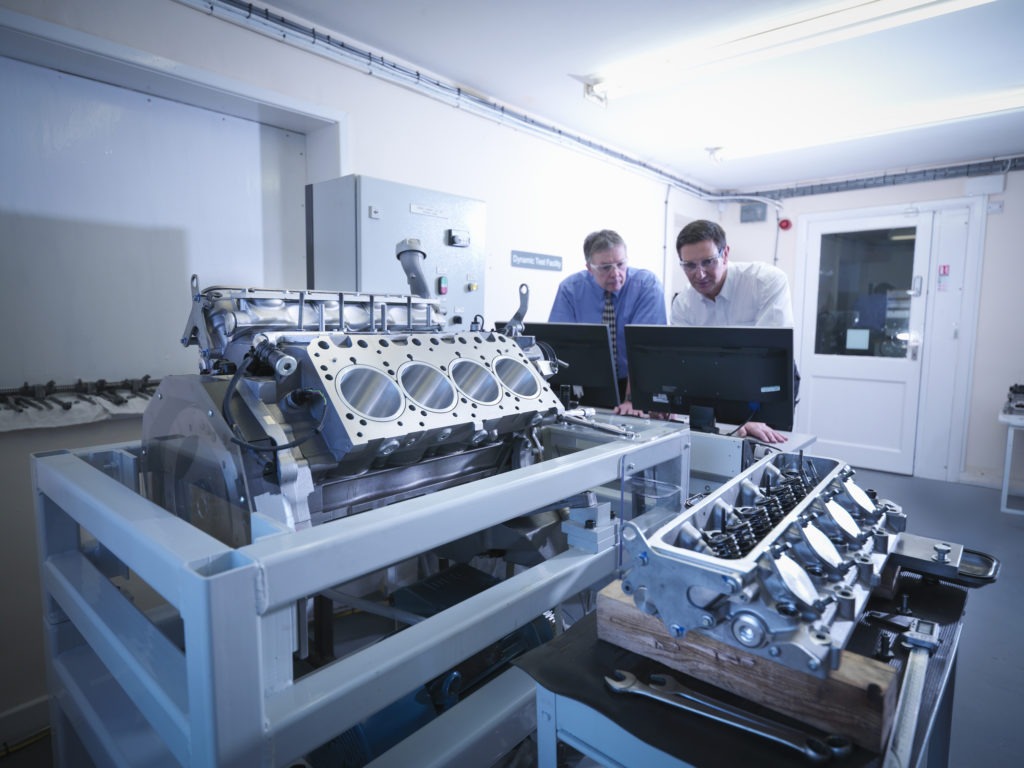EU CO2 targets could negatively affect industry employment
04 September 2018

4 September 2018
The European Automobile Manufacturers Association (ACEA) has voiced its concerns that the European Commission underestimates the impact of a forced push on electrification on employment in the automotive market.
Ahead of an important European vote on future CO2 targets for passenger cars and vans, a report by FTI Consulting suggests that the impact assessment published by the Commission as part of the proposals, while recognising that electric vehicles (EVs) are less labour-intensive, does not grasp the full picture of the effect the uptake of the technology will have.
According to the report, which brought together the results of various recent studies, a rushed shift to fully electric vehicles to meet the proposed new targets will have a profound impact on employment. This is because the production and maintenance of battery electric vehicles are less labour intensive than conventional ones, given their lower mechanical complexity and fewer parts.
Today, the auto industry accounts for more than 11% of total EU manufacturing employment. In 14 regions across the EU – concentrated in the Czech Republic, Germany, Italy, Slovakia, Hungary, Romania, Sweden and the United Kingdom – the automotive sector even accounts for more than 20% of total manufacturing employment. A forced push to electric cars will disproportionately affect jobs in these regions.
There could be serious implications for the entire automotive supply chain, disproportionally affecting suppliers of parts and components, according to a UBS study cited in the FTI report. Suppliers are expected to produce roughly 38% fewer parts and components for electric cars, compared to a loss of around 17% for automobile manufacturers. The study points out that many of these suppliers in the EU are SMEs, who are likely to struggle more with making the transition in a short timeframe than car manufacturers.
Dependency
It is estimated that batteries will make up 35-50% of the cost of an electric car in the future. However, studies point out that it remains uncertain as to whether those batteries will be produced in the EU or imported. In the case of the latter, the value added by EU companies (and the millions of Europeans they employ) to cars will be much lower, the report underlines.
Policy makers must face the fact that the EU will become extremely dependent on rare-earth materials and batteries produced outside of Europe. What is more, even if batteries were to be produced on a large scale in the EU, these findings show that the positive employment impact would be small and would require skills which today’s manufacturing employees are unlikely to have.
′Auto manufacturers are eager to move as fast as they can towards zero-emission vehicles,’ said ACEA secretary general, Erik Jonnaert, commenting on the findings of the report. ′However, the entire European automotive supply chain will need to transform at a pace which is manageable, protecting employment and the long-term viability of the sector.’
′This report makes it clear that overly stringent CO2 targets, as well as unrealistic sales quota for battery electric vehicles (the so-called ′benchmarks’), could lead to serious structural problems across the EU.’
The new report backs ACEA’s existing concerns over how a forced more to EVs will affect the industry regarding geopolitics. Future CO2 reductions are strongly dependent on sales of alternatively-powered cars, but affordability remains a major barrier for many Europeans in this respect. The latest data released by ACEA shows that 85% of all electrically-chargeable cars are sold in just six Western European countries with some of the highest GDPs.
By contrast, in countries with a GDP of less than €18,000, such as those in Central and Eastern Europe, the market share of electrically-chargeable cars remains close to zero.
The Environment Committee of the European Parliament will be voting on post-2020 CO2 targets on 10 September, with the Parliament’s plenary vote due in early October. The targets have already been approved by the Transport and Tourism (TRANS) and Industry, Research and Energy (ITRE) committees.